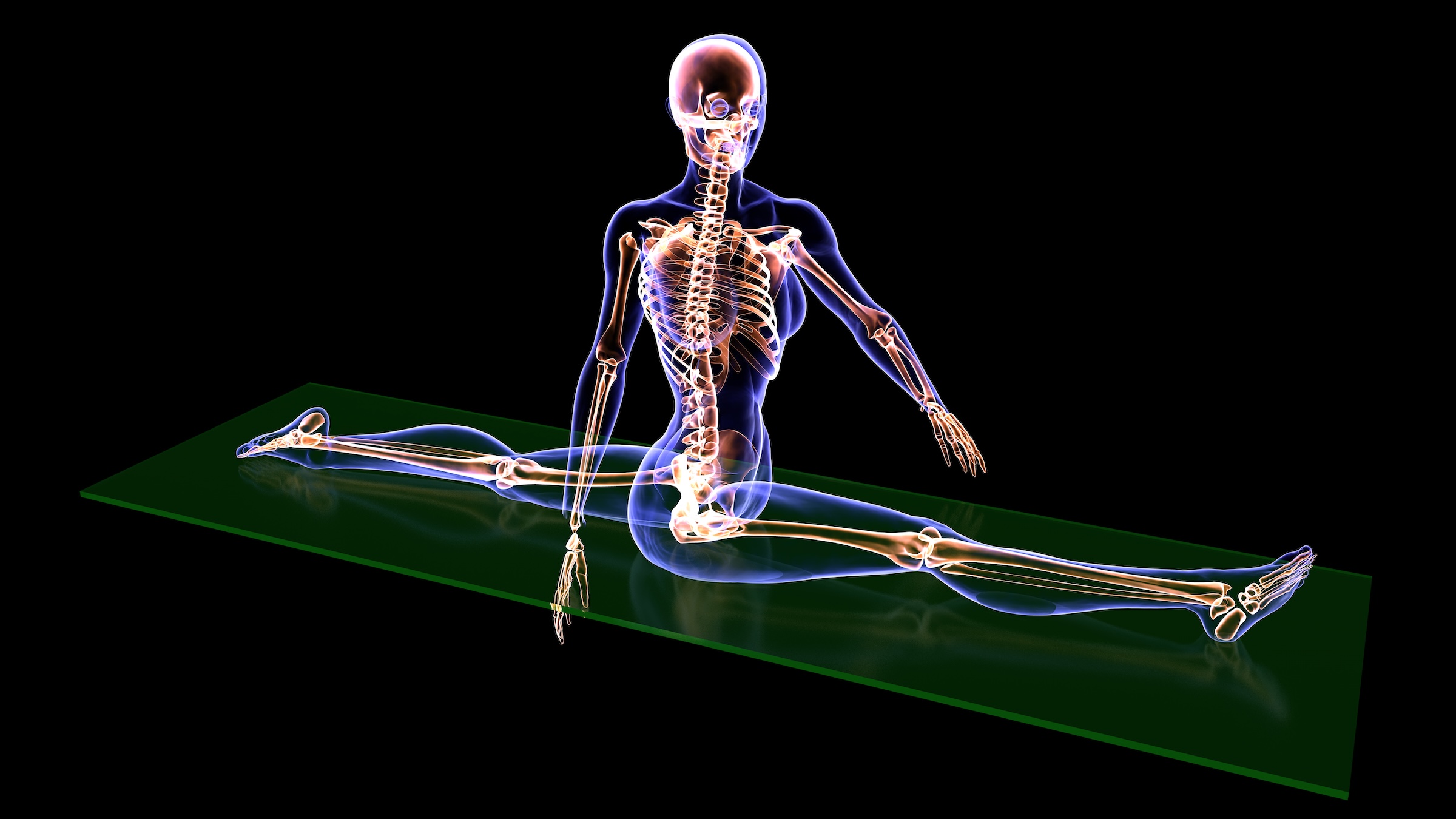Inventor of LCD Wins Tech Award

The man behind the technology that brings the vivid images to your flat-screen television has been awarded a European Inventer Award for lifetime achievement. Physicist Martin Schadt created the first flat-panel liquid crystal display (LCD) in 1970, opening the door to low-energy devices, including flat screens, tablet computers and mobile phones, now used by millions across the globe.
While at the pharmaceutical company F. Hoffmann-La Roche in Basel, he realized that an electric zap could cause the spiral molecular structures in liquid crystals to unwind. The result? They became opaque. He then sandwiched the crystals between two plastic plates attached to an electric grid; he could then manipulate the light transmission of teensy sections of the grid, or pixels, to make them appear transparent or opaque.
The other winners included: the inventors of a damper system for furniture (Industry category); the inventors of pyrosequencing for DNA (Small and Medium-Sized Enterprises category); the inventors of nano-capsules (Research category); the U.S. inventors of universal serial bus (USB) technology (Non-European Countries category); and the Popular Prize went to José Luis López Gómez who came up with a unique "independent guided" wheel design for high-speed passenger trains.
Follow us @livescience, Facebook & Google+.
Get the world’s most fascinating discoveries delivered straight to your inbox.
Jeanna Bryner is managing editor of Scientific American. Previously she was editor in chief of Live Science and, prior to that, an editor at Scholastic's Science World magazine. Bryner has an English degree from Salisbury University, a master's degree in biogeochemistry and environmental sciences from the University of Maryland and a graduate science journalism degree from New York University. She has worked as a biologist in Florida, where she monitored wetlands and did field surveys for endangered species, including the gorgeous Florida Scrub Jay. She also received an ocean sciences journalism fellowship from the Woods Hole Oceanographic Institution. She is a firm believer that science is for everyone and that just about everything can be viewed through the lens of science.


